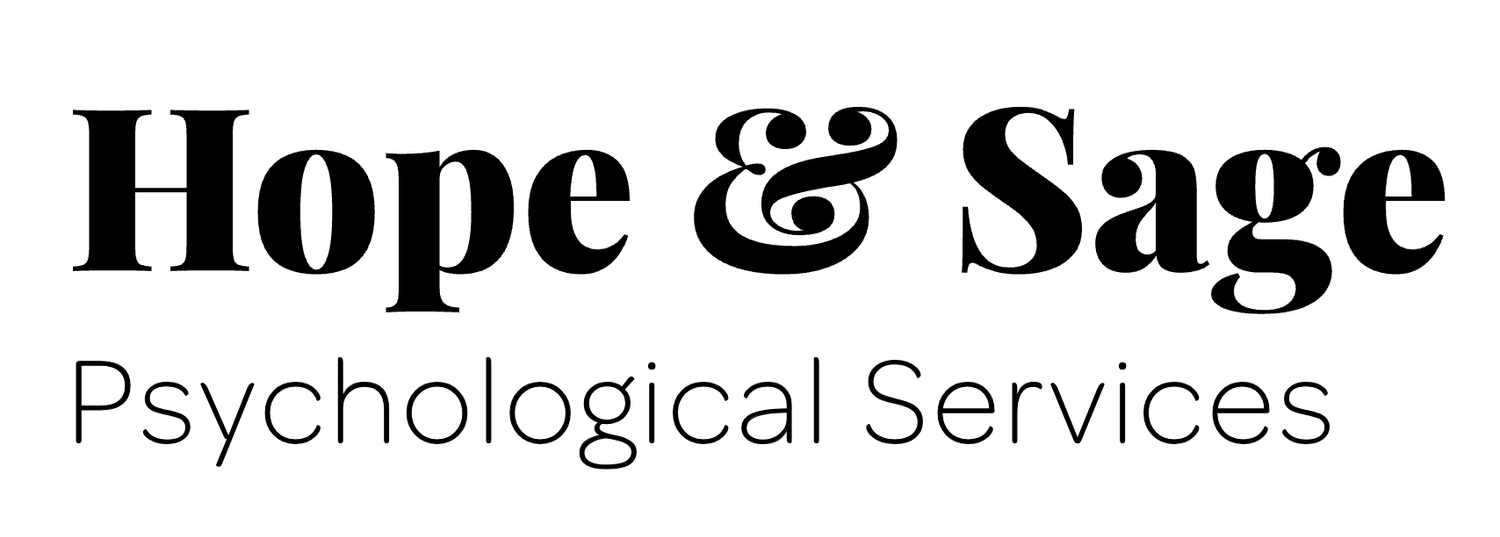Three Mental Health Habits You Can Change
Recently, someone asked me about “mistakes” people make when it comes to mental health. It got me thinking about habits and mindsets we have, and I want to share some thoughts about things we may be taking for granted. While I don’t necessarily think of the items below as “mistakes” per se, I do want to encourage you to see if any of these may be negatively impacting you and to give you some suggestions on how to shift your thinking/habits into something healthier.
1. Thinking difficult emotions are “bad” and need to be rid of.
Emotions are an integral part of human experience, and that includes the “positive” ones such as happiness, joy, and gratitude; it also includes the ones that are uncomfortable for most people, such as sadness, anxiety, or anger. While we can learn to cope with difficult emotions, it is not helpful to think that difficult emotions are something we can or should eliminate. Pushing emotions aside or suppressing emotions is like trying to keep a beach ball underwater, it doesn’t work, and it is not healthy in the long run. Instead of trying to push aside difficult feelings, work on acknowledging the emotions. After all, emotions also serve as important guides. Just like physical pain, even though we don’t like it, it wouldn’t actually be helpful if we couldn’t feel it. Emotions are signals to help us know how we feel about things and decide what actions we want to take.
2. Answering the question “how are you?” with “good.”
Human beings are wired for connection. How often do you answer “how are you?” with a brief response like “fine” or “good”? While there is nothing inherently wrong with such an answer, it might lead to some missed opportunities for connection. Authenticity and vulnerability help us connect with others. So imagine answering the question by sharing just a little more of yourself. This doesn’t mean you need to share deep reflections about yourself with the person helping you check out at the grocery store, but even just simple “small talk” might lead to a moment of human connection. Then imagine if it’s a friend asking you the same question, how might you respond authentically? When you give a little bit more of yourself in your response, it gives the other person a chance to be with you and offer support; it also might encourage them to share more authentically with you as well. And as the two of you share more with one another, you are likely to feel closer and more connected.
3. Thinking that the right relationship should be easy.
Sometimes people have ideas on their minds about dating or their relationship with their partners should “flow” or feel “easy.” I think when people have these ideas, they might question their relationship when they hit a challenge. Most relationships actually take a lot of hard work, vulnerability, trust, and commitment on both parties to make it healthy and good. It’s quite natural for people to hit “rough patches” in their relationship. Facing challenges in your relationship doesn’t necessarily mean this relationship isn’t for you; what’s important is how you and your partner navigate those challenges to repair and strengthen your relationship.
If you notice that you do any of the things listed above, please know that there are very common habits that many people have. So, I hope you are able to meet yourself with gentleness and compassion as you think about whether you want to make a shift in any of the areas noted above. If you are feeling stuck and think psychotherapy can help, please don’t hesitate to reach out to me for a complimentary consultation. I can help you and your partner identify difficult patterns in your relationship and help you create more experiences of closeness and connection.
You might also like…
“Frequently Asked Questions About Unhappy Relationships”
“How to Connect With Your Partner This Thanksgiving With the 4 C’s”
“Five Myths About Couples Therapy That May Be Holding You Back From Growth”
Writer Bio: Dr. Annie Hsueh, Ph.D. is a licensed clinical psychologist (PSY25708) in the Los Angeles area. She can guide you in developing healthy mental habits. She is based in Torrance, CA and sees clients throughout California via secure online therapy platforms.
Image Disclaimer: Stock photos used. Posed by models.



